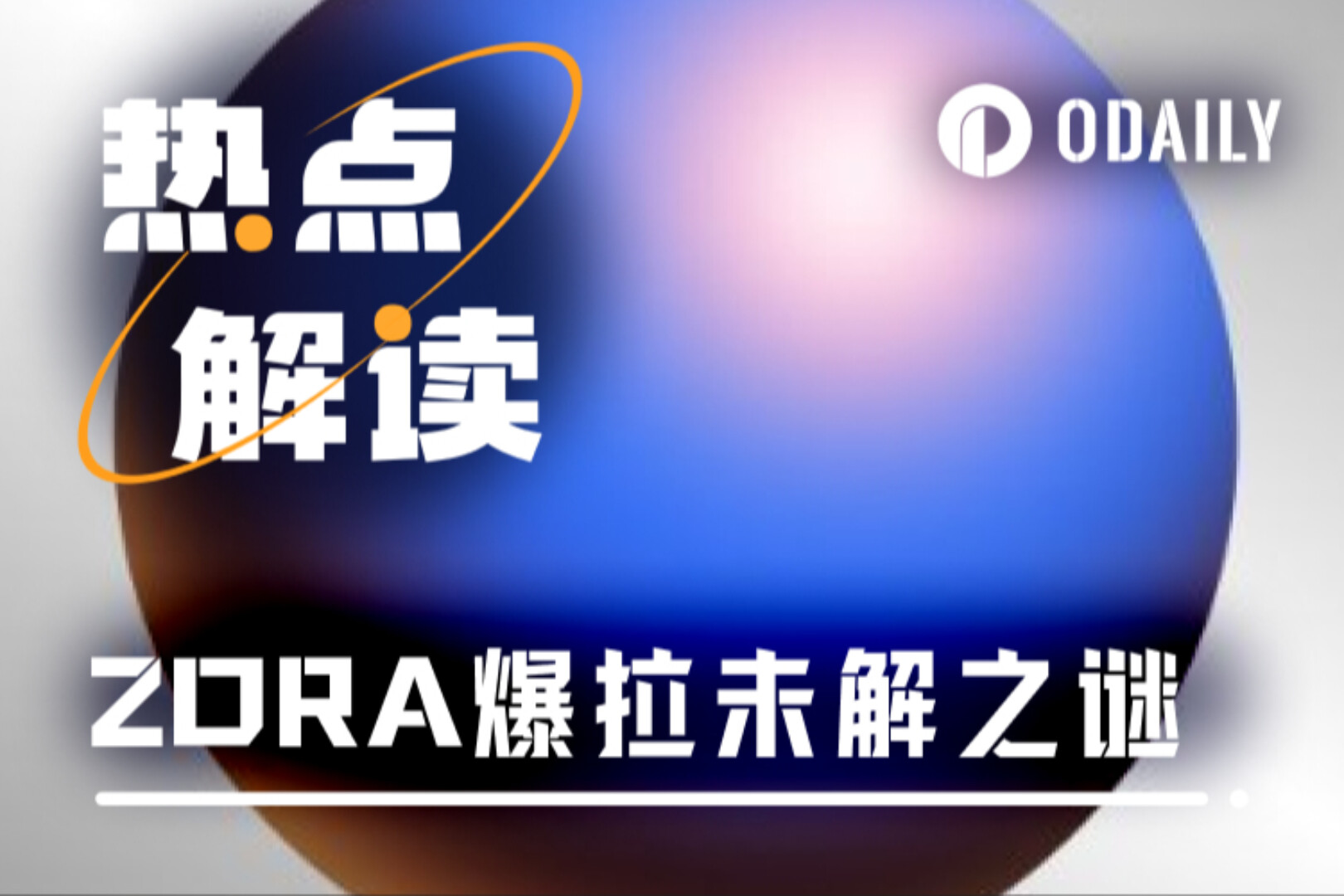Original title: "Buffett's amazing move again! Berkshire's cash surpasses Ethereum's market value, reviewing his 20-year brilliant record of escaping the top"
Original author: James, BlockTempo
Berkshire Hathaway, an investment company owned by Warren Buffett, released its second-quarter 2024 financial report last Saturday, showing that the company cut its Apple stake by nearly 50% in Q2 and its cash position soared by US$276.9 billion, setting a new historical high.
At the time, some analysts believed that Buffett's massive sale of Apple shares was likely due to his pessimism about the stock market and economic prospects, so he chose to go all in with cash. Now, with the collapse of U.S. and Asian stock markets in recent days, the community has once again admired Buffett's acumen in successfully escaping the top.
Interestingly, Berkshire's cash on hand has successfully surpassed the market value of Ethereum when Ethereum fell below $2,100 this morning. And this is only the cash that the company can currently use, which once again shows its strong capital strength.
A review of Buffett's record of escaping from the top in the past 20 years
Buffett is often called the master of escaping the top. Below we will review the glorious history of Buffett, the stock god, in escaping the top in the past 20 years.
1999 Tech Bubble: Don’t Touch an Industry You Don’t Understand
In 1999, the Internet bubble reached its peak, but Buffett adhered to the principle of "not making money beyond one's ability" and refused to invest in unfamiliar technology stocks. Despite being questioned, he insisted on not participating in "games where others have an advantage over me". He also believed that the market value of U.S. stocks had far exceeded economic growth at the time, and the performance of the Dow Jones Industrial Average in the next 17 years would not be much better than from 1964 to 1981, unless the market fell.
The stock market once slapped the stock god in the face again and again in 1999. When the S&P 500 index rose by 21% and the Nasdaq index soared by 66%, Berkshire Hathaway's market value fell by nearly 20%, marking its second worst performance since 1990. At the end of the year, Buffett was on the cover of Barron's. An article titled "Warren, What's Going On?" wrote that "After more than 30 years of unbeatable investment success, Buffett may have lost his magic."
However, in March 2000, the Internet bubble finally began to burst, and it completely subsided in 2001, and Buffett successfully escaped the top.
Comparison of the performance of Berkshire Hathaway and the Nasdaq during the dot-com bubble.
2008 Financial Crisis: Others Are Fearful, I Am Greedy
The global financial crisis broke out in 2008, and the Dow Jones Industrial Average fell 52% from its peak to its lowest point. Both technology stocks and traditional stocks plummeted. But when the market was pessimistic, Buffett published "Buy American. I AM." in the New York Times in October 2008, writing the classic saying "When others are greedy, I am fearful; when others are fearful, I am greedy."
From September to October 2008, Buffett began to buy at the bottom, buying large quantities of shares of Constellation Energy, Japanese automobile manufacturer Tungaloy, Goldman Sachs, BYD, General Electric and other companies. Wells Fargo, which was held by Berkshire Hathaway, acquired Wachovia for US$15.1 billion.
After Buffett bought the bottom, he was stuck for a while. Goldman Sachs' stock price fell from more than $125 to $53, and General Electric's stock price fell from $22.15 to $14.03. However, Buffett bought preferred stocks with a fixed return of 10% per year. Unless the company went bankrupt, he could reap huge profits every year.
Five months after the publication of "Buy American. I AM.", the U.S. stock market began to bottom out and rebound, ushering in a 10-year bull market. Buffett and Berkshire Hathaway's assets leapt again, and the investment during the financial crisis alone earned him more than $10 billion in returns.
2020 Pandemic: Cash is King, Waiting for Opportunities
The coronavirus pandemic broke out in 2020 and global stock markets plummeted. Berkshire Hathaway held a large amount of cash and was waiting for an opportunity. After the pandemic, it began to invest heavily in the Japanese stock market. Since 2020, it has invested 1.6 trillion yen in the five major trading companies. As of the end of last year, it had increased in value to 2.9 trillion yen, with a profit of 8 billion US dollars.
summary
However, it should be added that Buffett's actions do not always perfectly predict the market top, and sometimes he will miss some investment opportunities, but Buffett's history of escaping the top provides valuable experience for investors. Although Buffett has not yet explicitly stated that it is time to escape the top, the high cash reserves also show his cautious attitude under market uncertainty.



